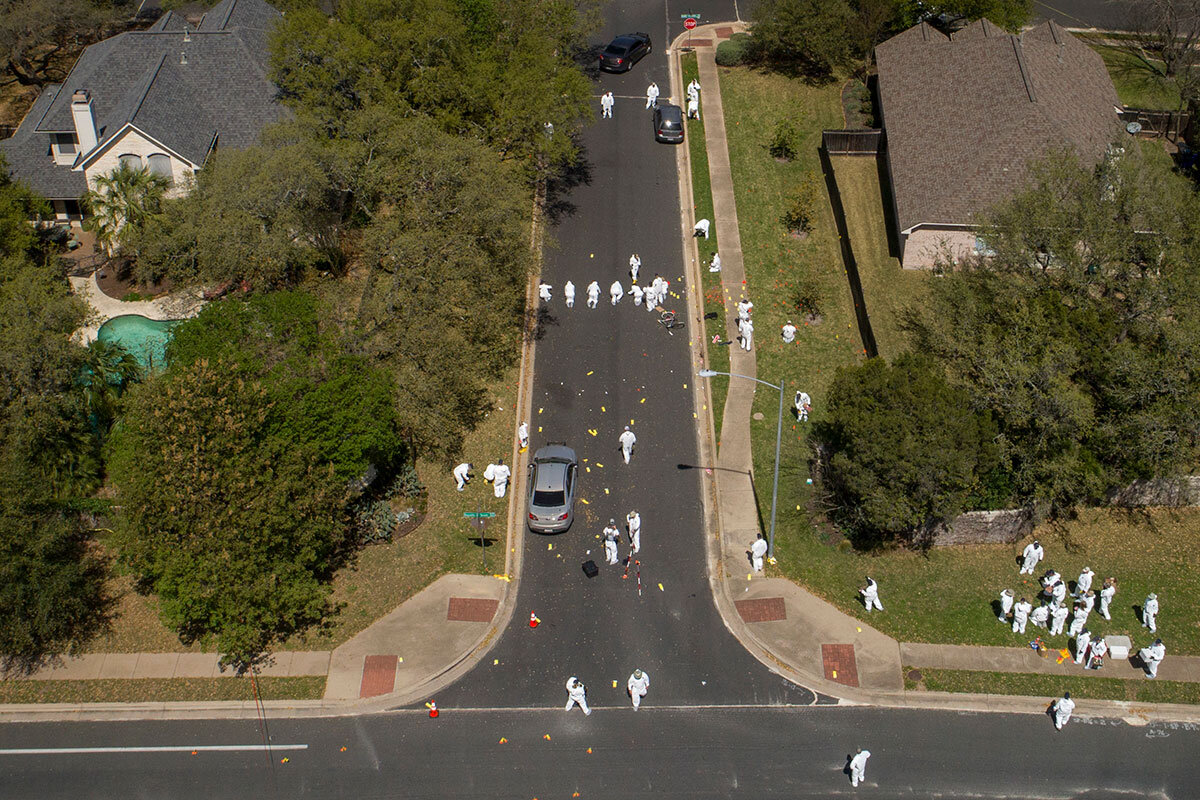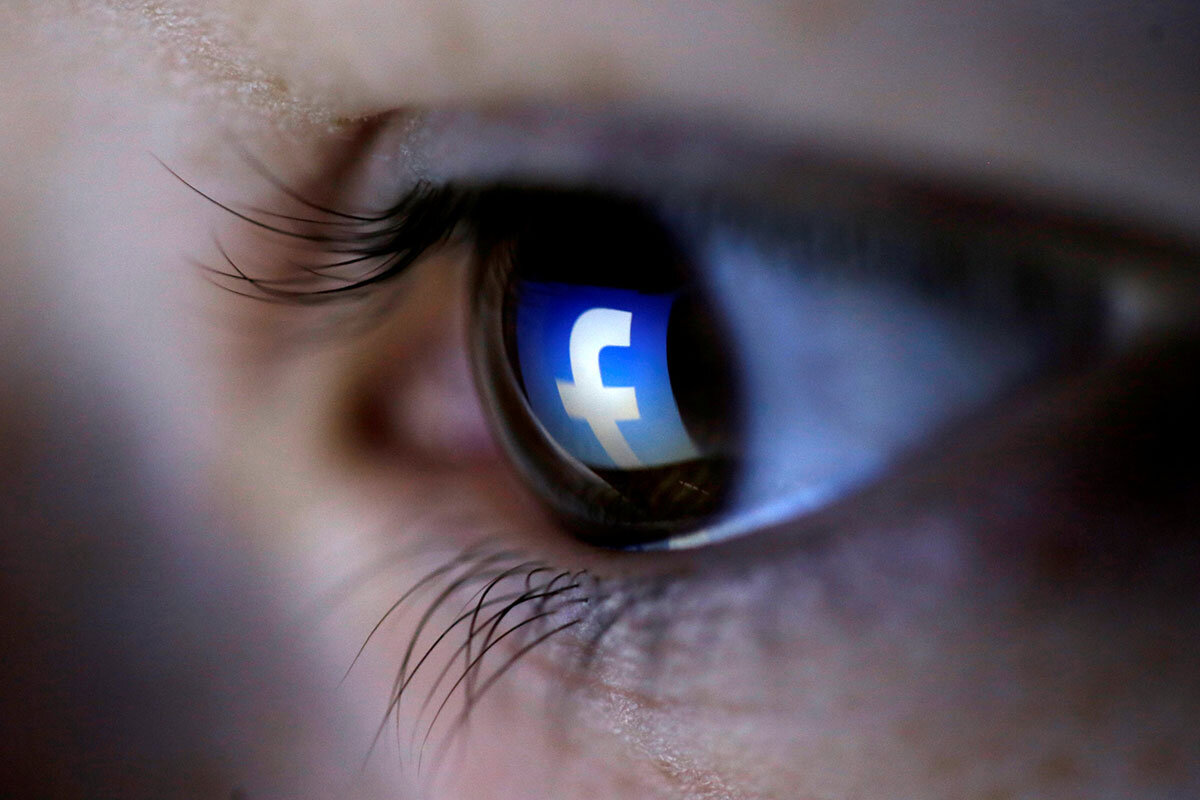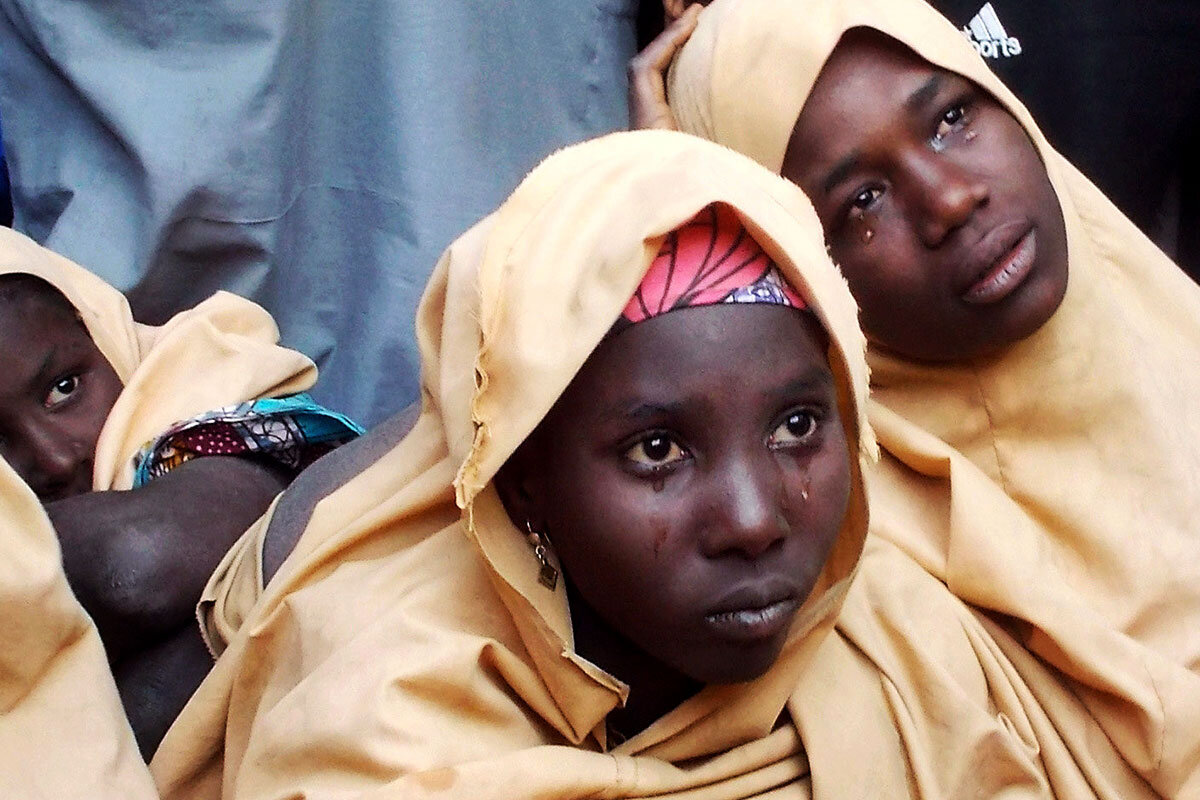To bring down a bomber, follow the technology. In a world of security cameras, cellphones, and internet search histories, it's hard not to leave a footprint.
Monitor Daily Podcast
- Follow us:
- Apple Podcasts
- Spotify
- RSS Feed
- Download
 Amelia Newcomb
Amelia Newcomb
Late last week, Philippine President Rodrigo Duterte threatened to withdraw his country from the International Criminal Court. This week, he urged other nations to join him. But will they?
The spur for Mr. Duterte was the ICC’s decision to look into his brutal and deadly war on drugs. He assailed the court’s “weaponization” of human rights. Several African leaders might sympathize; the African Union called for mass withdrawal last year, frustrated over the number of African cases.
Yet only Burundi has followed through on its threat to leave. Other countries have retracted such vows after a change in government. That was the case with Gambia last year, and many suspect South Africa, whose former president resigned last month, may follow suit.
The ICC, like many international institutions, generates its share of controversy. But Duterte’s protest has highlighted another strain of thought: 123 countries agree they must prosecute egregious rights violations.
Sir Geoffrey Nice, who worked on the international tribunal for Yugoslavia, notes the shortcomings in such efforts. But he sees a point of progress: “[A]ll reasonably educated citizens of the world,” he says, “now expect criminal behavior in war to be subject to international legal accountability. That’s a huge shift in thinking.”
Now to our five stories, which look at the benefits and pitfalls of technology, as well as the importance of hewing to our values, whether on the global stage or in our communities.










